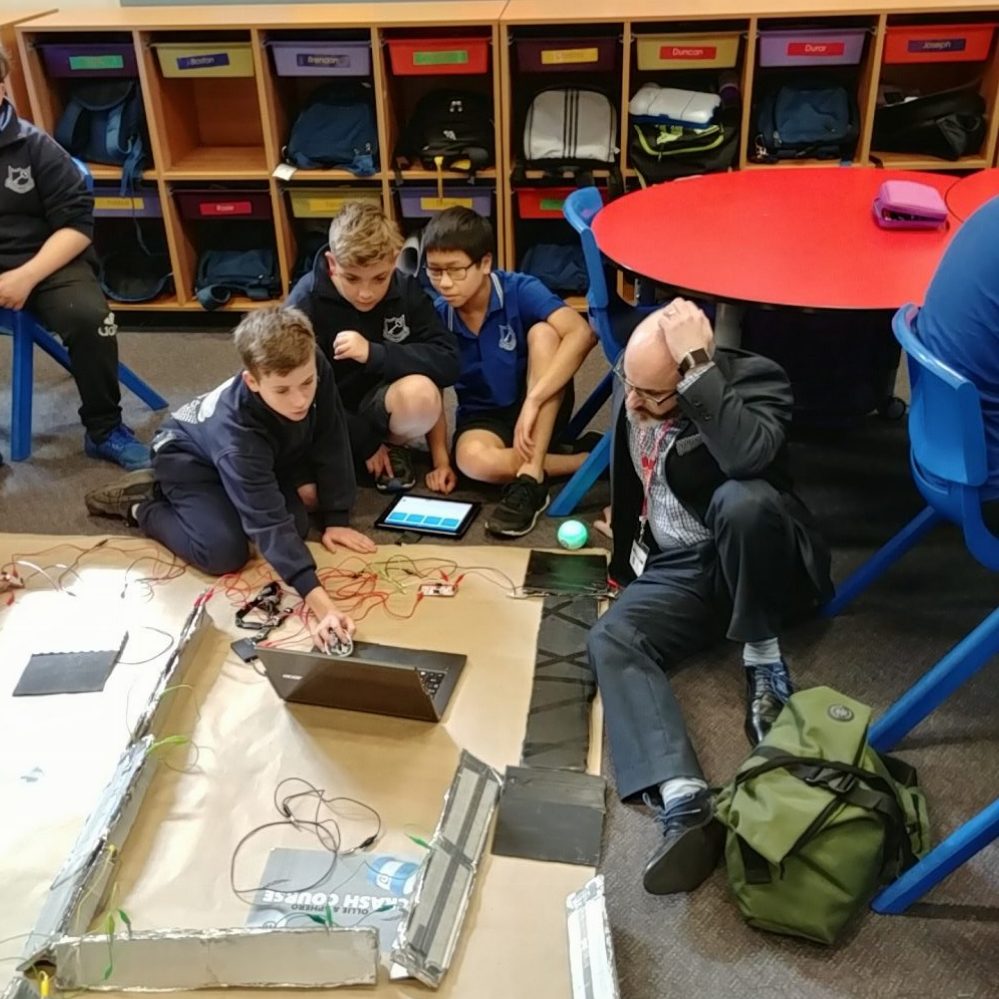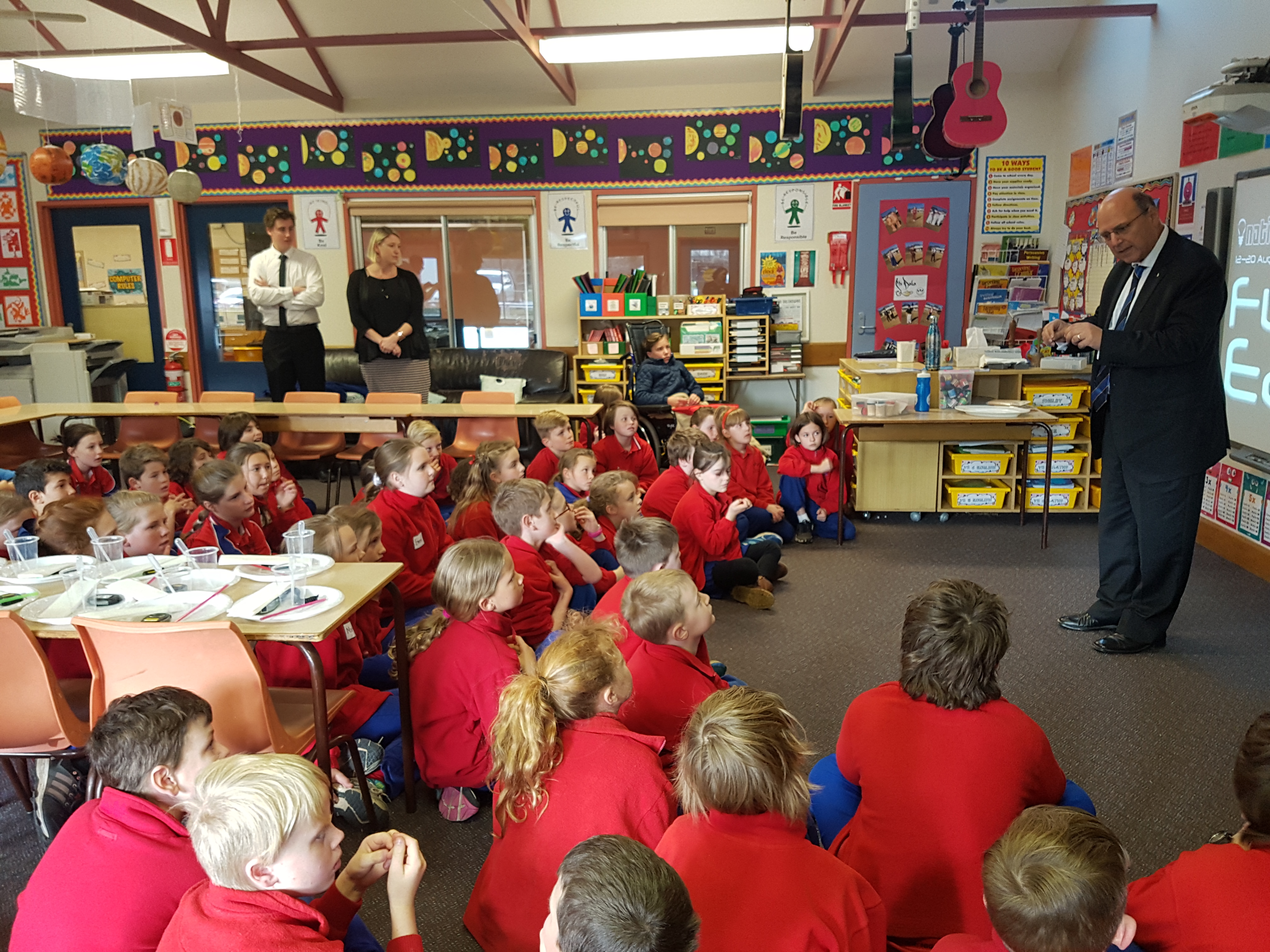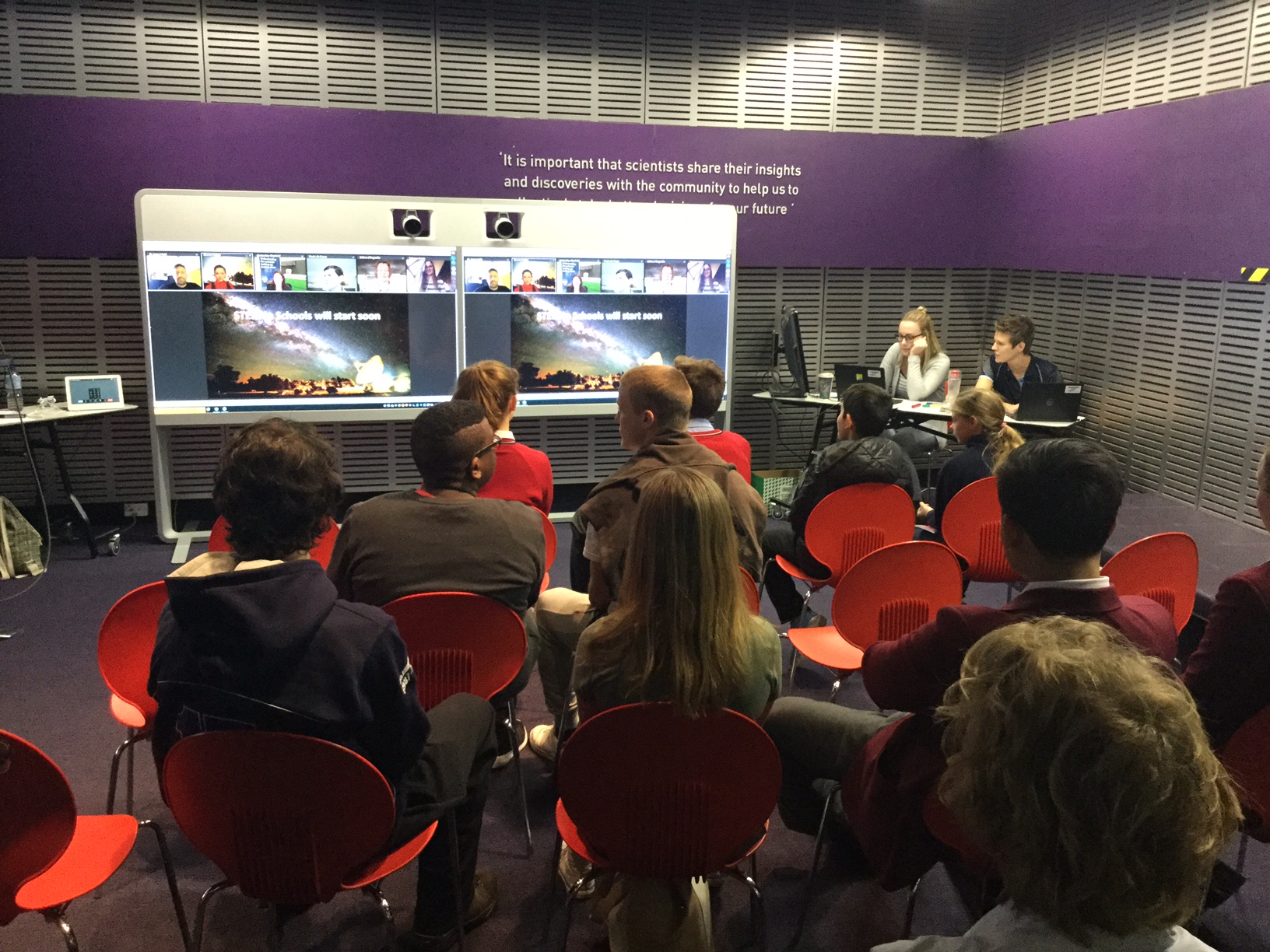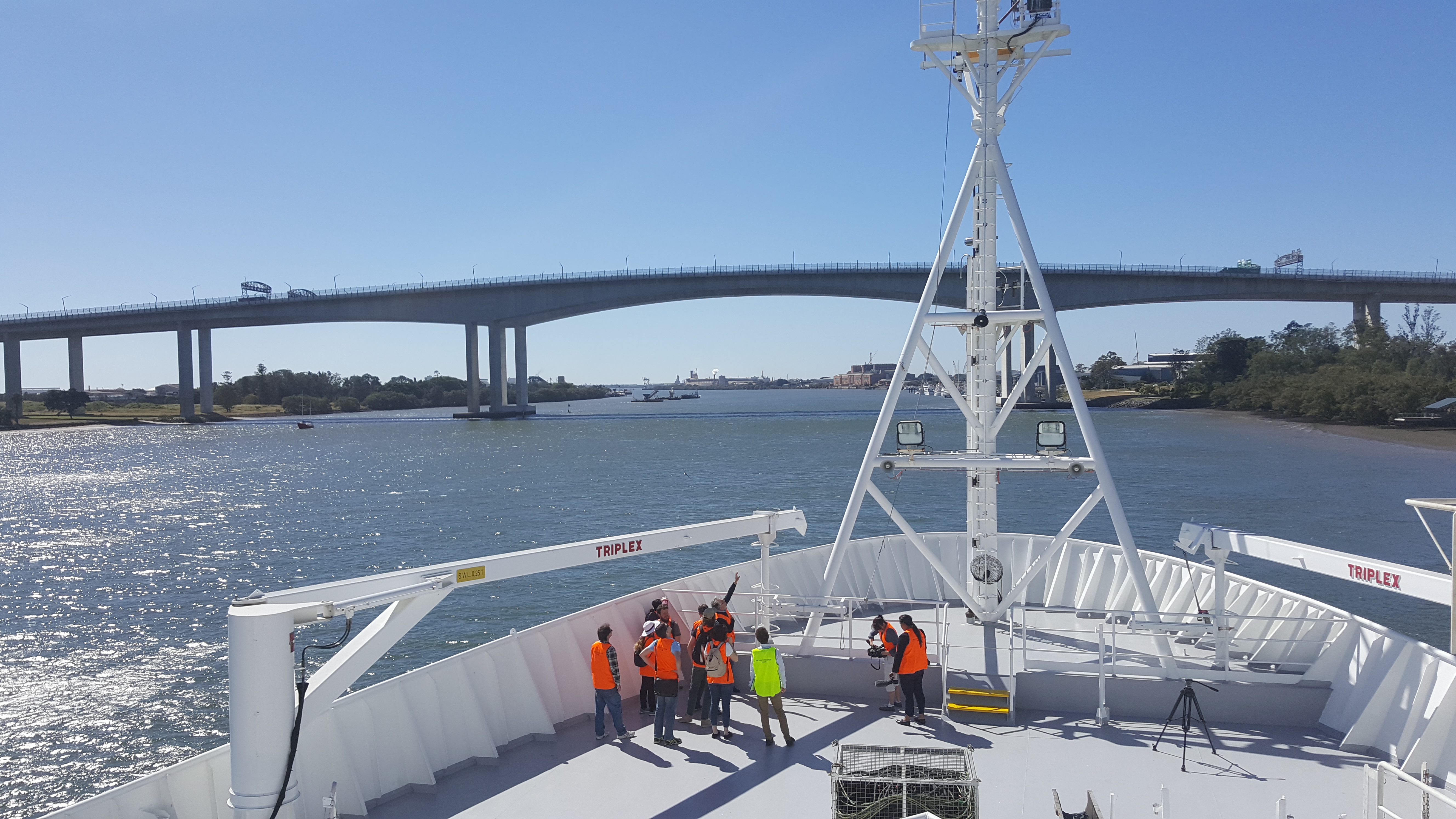
Students from * school work their way through an activity during our STEM In Schools event for National Science Week.
Students from East Adelaide Primary School work their way through an activity during our STEM In Schools event for National Science Week.
In case you’ve been living under a rock and didn’t realise, it’s National Science Week! National Science Week is Australia’s annual celebration of science and technology with thousands of individuals taking part in more than 1000 science events across the nation.
It’s our favourite week of the year and we’ve been celebrating all things science with a host of different events across the country.
STEM in Schools
Our team of scientists are always exploring the big questions and coming up with big ideas to solve some of life’s challenges at the heart of science, technology, engineering and maths. But it’s not just scientists that have big questions about our future. In classrooms around Australia the next generation of budding STEM professionals are asking questions and solving problems on their way to becoming the next scientists, engineers and mathematicians.
Schools across Australia joined us this morning for a virtual classroom forum with a panel of Australians working in the space industry. They shared inside knowledge of their work and answered some pretty tricky questions related to all things space!

Minister Sinodinos talks to Gundaroo primary students about all things science during our STEM in Schools event.
Minister Sinodinos talks to Gundaroo primary students about all things science during our STEM in Schools event.
St Stephen’s School in Western Australia asked the question “How will space exploration change life on earth?” Solange Cunin, Co-Founder and CEO of Cuberider, quickly pointed out that there are so many ways that space exploration positively impacts us here on Earth. Much of the science and technology that is developed or refined for space exploration, ends up being applied and used in our everyday life – did you know we can thank NASA for cordless vacuums? Solange also inspired students to think big, sharing her most exciting aspiration for space science – the possibility to become an interplanetary species!
Answering the question from Cairns State High School “What school subjects are appropriate to move into space science?” all panellists agreed that while studying physics and mathematics are a good start there are many skills that are required in the space industry. As Professor Paulo De Souza of our Data61 team put it, “No matter what science you’re into, you can apply it to space. Follow what you love and it can lead you to the stars.”

Students wait in anticipation for the Virtual Classroom to begin.
Students wait in anticipation for the Virtual Classroom to begin.
Floating Classrooms
You’ve probably heard of our advanced research vessel Investigator sailing the seas, but did you know that the ship is also a Floating Classroom when in port? Today we opened up our laboratories on board for students studying science, technology, engineering and maths from Queensland University of Technology. The students received a guided tour of the ship and a first-hand look at the on board technology that delivers amazing science!

QUT students taking a tour of the RV Investigator before their floating classroom.
QUT students taking a tour of the RV Investigator before their floating classroom.
Our world-class research vessel allows scientist to undertake deep sea oceanography, monitor and better understand our fisheries, and increase our knowledge of weather patterns and large ocean processes.
If you’re interested in inspiring future generations of Australia’s marine scientists through our Floating Classroom you can check out when the ship will be in port on our voyage schedule here.


Want to rule the school in STEM?